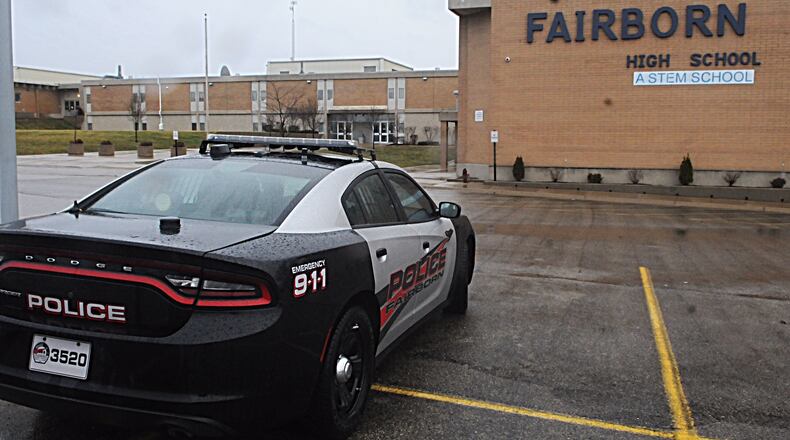Fairborn Police said they use all of their cars 24/7 without any way to clean the cars between shifts. Police said the purchase of the two new cars would allow for sanitation of the cars between shifts.
The cars will be purchased from Lebanon Ford, said Fairborn police chief Terry Bennington. He added the cars are in their available inventory and likely to be ready within the next two weeks.
Fairborn has 15 cars with 34 officers and sergeants assigned to those cars, plus three school resource officers who drive marked cars to their assignments at the schools, the city said.
Fairborn is also planning to purchase two additional cars in 2021 at a cost of about $97,000, including upgrades needed for the police cars. The cars will also be purchased from Lebanon Ford and the money comes out of city funds.
Fairborn is planning to hire two additional officers through the COPS Hiring Program from the U.S. Department of Justice and has been awarded $250,000 to hire the two officers. The Department of Justice would cover about three-quarters of their salaries for about three years.
Fairborn would have to pay $316,000 throughout the three years for the officers, in addition to what the Department of Justice is paying, after accepting the grant. The department would also need to retain the two officers for one additional year.
The funding from the Justice Department must be used to initiate community policing or enhance the department’s involvement in community policing with the officers hired or an equal number of veteran officers who have been redeployed to implement that plan.
In the Fairborn Police Department’s grant application, the department stated that they wanted to address the city’s drug problem with community policing.
About the Author

